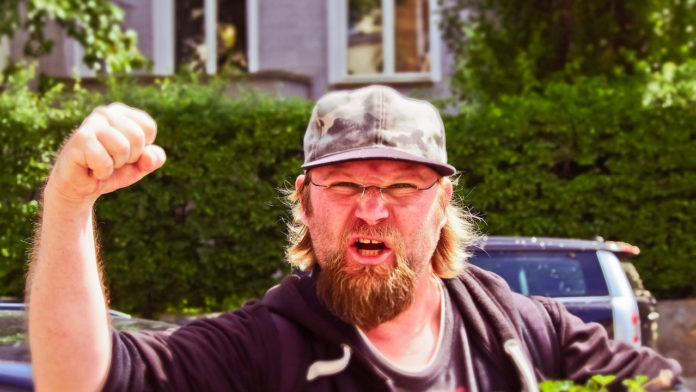COVID-19 has left its mark on many parts of society in 2020.
In the Netherlands, buurtbemiddeling (neighbourhood mediation) organisations receive more than 20,000 reports of conflicts between neighbours last year. This is evident from the Centre for Crime Prevention and Safety’s (CCV) annual neighbourhood mediation benchmark. “The corona crisis has greatly affected people’s quality of life,” says Frannie Herder.
She’s a neighbourhood mediation and housing nuisance advisor at the CCV. “Especially in larger cities, where people live closer together. Neighbours had more trouble with each other. Nationwide, the number of reports increased by almost 2,500.”
‘Most issues dealt with’
“The neighbourhood mediation organisations’ work also became more difficult. People couldn’t meet face-to-face. Despite that, most of the reports were dealt with,” she says.
Noise pollution was the biggest problem. Many complaints were received about music that was too loud, children playing or renovations. “Now that everyone’s home…you get annoyed by noises that were always there.”
But what to do when you have a dispute with your neighbours? “Try to start a conversation,” is Frannie’s advice. “If that doesn’t work, call in the help of mediators in time. They guide conversations so neighbours can usually work things out together.”
It works
In 1996, two Dutch municipalities started with neighbourhood mediation. Now, 25 years later, residents of 300 cities and towns (85%) can use this free service. And it works. In 70% of cases, the conflict is solved.
You can get tips on how to deal with a neighbourly dispute here. Or you can get in touch with Eindhoven Buurtbemiddeling.
Source: CCV
Translator: Melinda Walraven
















